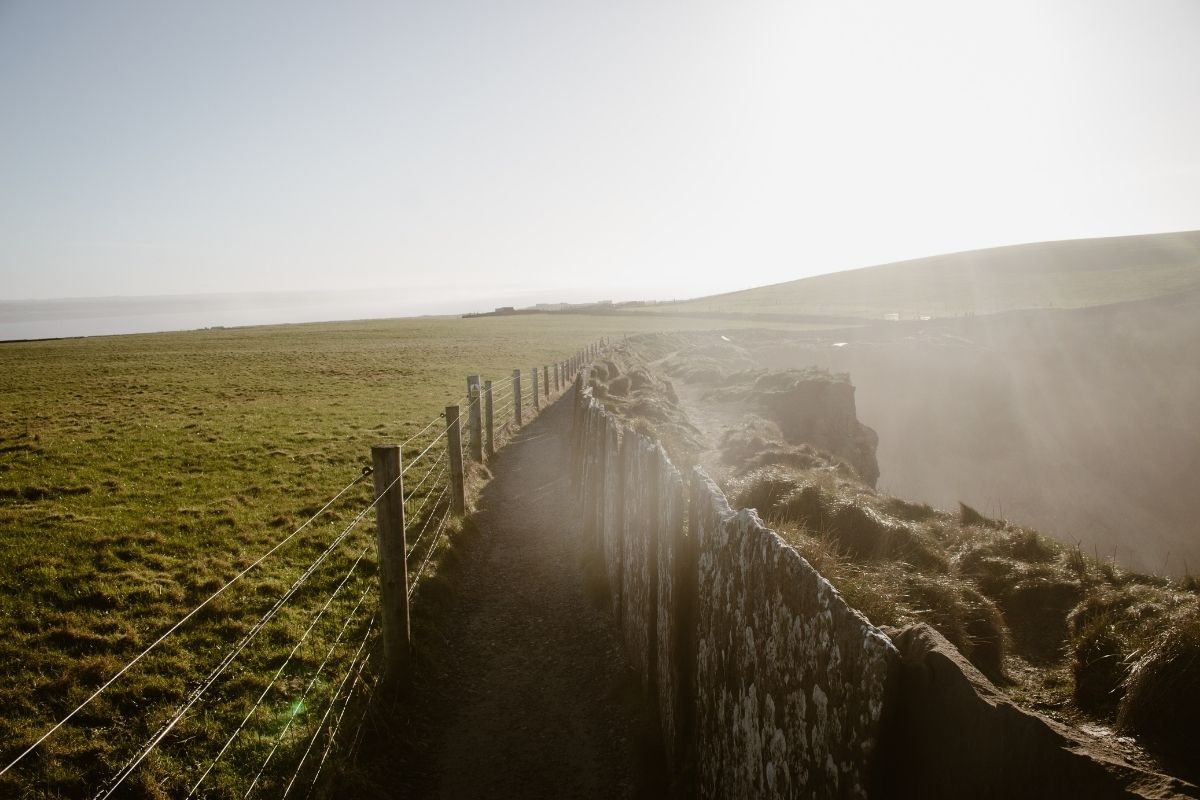
Luke 17:11–19 ‘Jesus asked, ”Were not all ten cleansed? Where are the other nine? Has no one returned to give praise to God except this foreigner?”’ (vv17–18)
It’s interesting to note that this story takes place on the border between Samaria and Galilee. The Samaritans were an ethnoreligious group living in an area of Israel following the Assyrian conquest in 721 BC. They existed in the time of Jesus and, in limited numbers, still do today. The Southern Kingdom, Judah, was exiled to Babylon from 598 BC. Returning from 538 BC, they regarded the Samaritans as compromised in their Jewish faith and rejected them.
Here, Jesus brings God’s work to the essential frontier, defining where God’s kingdom touches the secularised world. It is always our job to carry God’s light beyond the confines of church. Jesus healed ten suffering from leprosy, yet only one returned to give thanks. Leprosy was only ever a passport to exclusion from community life. Now healed, this man was invited to enjoy the fullness of life in his society.
The work of God is always to establish effective relationships which then establish kingdom colonies on earth. Such colonies have no walls and are open to all. They provide hospitable refuge for those caught between two worlds; one where God rules, the other where the devil prowls. Healed as we are from the leprosy of sin, we return daily to give thanks to God and work with Him in His commitment to establish communities of hope, available and accessible to all.
Scripture to consider: Lev. 14:1–32; 2 Kings 5:1–19; Luke 4:22–30; 14:15–24.
An action to take: Consider working as a group and explore how to build kingdom colonies of hope along the borderland;
A prayer to make: ‘Lord, help me to establish a hospitality centre in my church. Amen.’
Photo by Denver Saldanha on Unsplash









